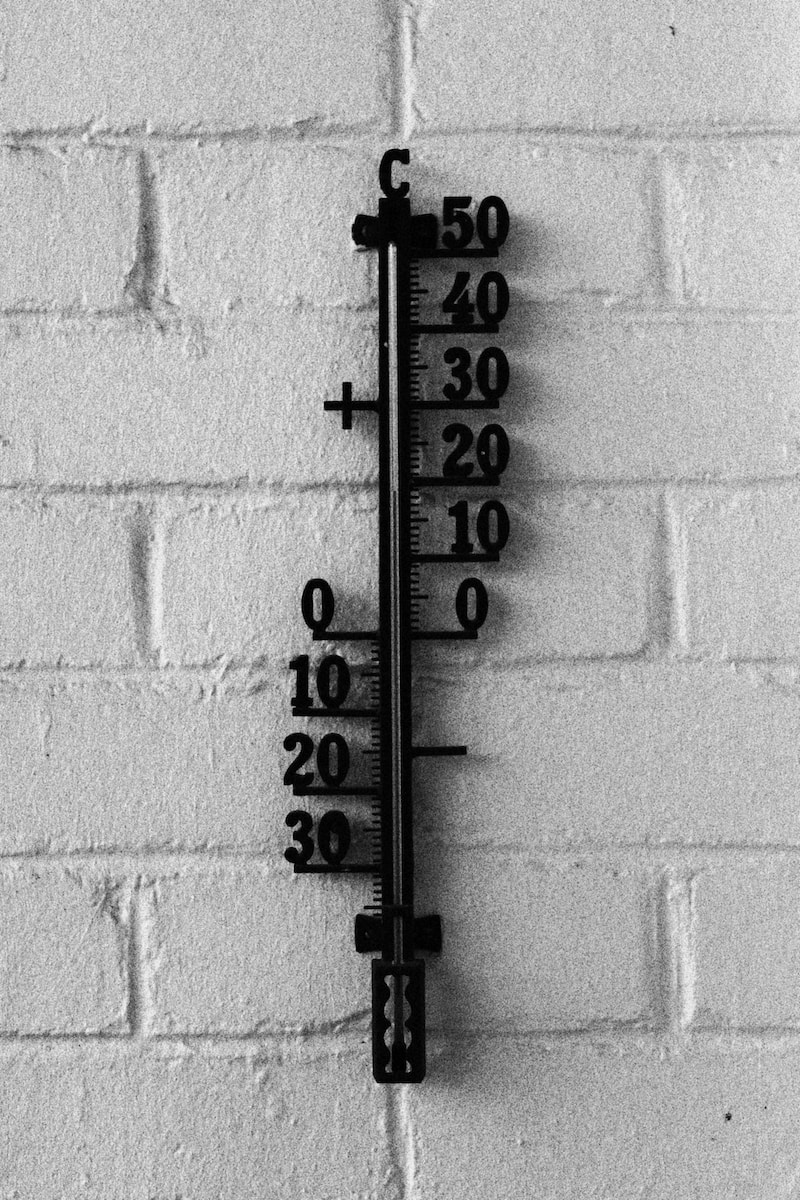Understanding temperature conversion is a fundamental part of our daily lives. It comes into play when we check the weather, cook, and even when monitoring body temperature. This article aims to shed light on one specific conversion – what is 15 degrees Celsius in Fahrenheit?
Understanding Temperature Scales
Before we delve into the specific conversion, let’s first understand the two temperature scales in question – Celsius and Fahrenheit.
The Celsius scale, also known as centigrade, is a temperature scale used by the International System of Units (SI). It was named after the Swedish astronomer Anders Celsius. It’s widely used globally for most temperature measuring purposes.
The Fahrenheit scale is another temperature scale used in a few countries, including the United States. This scale was developed by Daniel Gabriel Fahrenheit, a German physicist.
Now, let’s find the answer to the question – what is 15 degrees Celsius in Fahrenheit?
The Conversion Formula
The mathematical relationship between Fahrenheit and Celsius is given by the formula:
°F = °C * (9/5) + 32
This formula allows us to convert any temperature from the Celsius scale to the Fahrenheit scale.
Converting 15 Degrees Celsius to Fahrenheit
Using the formula mentioned above, let’s find out what is 15 degrees Celsius in Fahrenheit:
Given that, C = 15.
F = 15 * (9/5) + 32
F = 27 + 32
F = 59
Therefore, 15 degrees Celsius is equivalent to 59 degrees Fahrenheit.
Addressing Common Questions
Several questions arise when discussing temperature conversions. Here are some common ones:
- What is 15 degrees Celsius? – 15 degrees Celsius is a temperature reading on the Celsius scale
- How much is 15 degrees Celsius in Fahrenheit? – 15 degrees Celsius equals 59 degrees Fahrenheit
- Which temperature is colder, 15 degrees Fahrenheit or 15 degrees Celsius? – 15 degrees Fahrenheit is colder. In Celsius, 15 degrees Fahrenheit is -9.44 degrees
- Which temperature is warmer, 15 degrees Fahrenheit or 15 degrees Celsius? – 15 degrees Celsius is warmer, as it is more than -9.44 degrees Celsius, which is equivalent to 15 degrees Fahrenheit
Practical Application: Using a Temperature Converter
While the formula for conversion is straightforward, it’s even easier to use a temperature converter tool. Simply enter the temperature in Celsius, and the tool will automatically provide the equivalent in Fahrenheit.
An Approximate Method for Conversion
In daily life, we might not always need the exact conversion. Approximations can sometimes suffice. A quick way to convert Celsius to Fahrenheit is to double the Celsius temperature and add 30. Therefore, approximately, 15 degrees Celsius is around 60 degrees Fahrenheit.
Different Types of Thermometers
There are various types of thermometers available, including digital and liquid thermometers. Some of them display both Celsius and Fahrenheit units, which can be quite handy.
Additional Information: Other Temperature Units
Apart from Celsius and Fahrenheit, there are other temperature units too, such as Kelvin (°K), Newton (°N), Reaumur (°Re), Rømer (°Ro), Delisle (°De), and Rankine (°R). For instance, 15 degrees Celsius equals 288.15 Kelvin.
Conclusion
Temperature conversion is a useful skill to have, and understanding what 15 degrees Celsius is in Fahrenheit is just one example. The choice of temperature scale often depends on what’s customary in your country or community. However, with the knowledge of conversion, you can easily switch between scales as needed.
In summary, 15 degrees Celsius equals 59 degrees Fahrenheit. Whether you use the formula for conversion or a handy temperature converter tool, you can easily find the Fahrenheit equivalent of any Celsius temperature.
Quick Conversion Table
| Celsius | Fahrenheit |
|---|---|
| 14.5 | 58.1 |
| 14.75 | 58.55 |
| 15 | 59 |
| 15.25 | 59.45 |
| 15.5 | 59.9 |
In the end, understanding temperature conversion is not only practical but also an interesting exploration of how different systems of measurement relate to each other.






